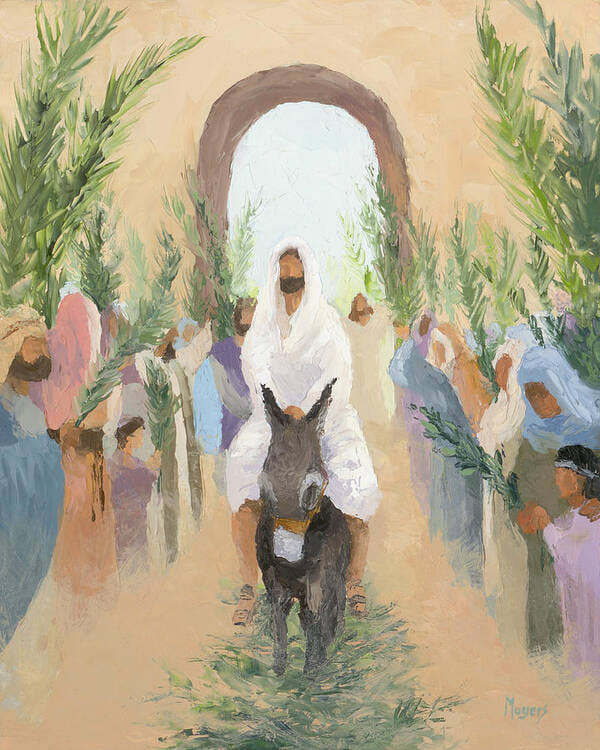The Teaching Authority of the Catholic Church

The Catholic Church stands as both a visible communion and a living voice of Christ's authority in the world. This authority did not disappear when Jesus ascended into heaven; rather, it was shared and entrusted to the apostles , and through them, to their successors. When Jesus gave the Twelve power over unclean spirits and instructed them to heal and teach, he was not merely granting them abilities, but embedding within them the mission to proclaim the Kingdom of God with divine authority (Matt. 10:1, 5–7). Jesus even underscored this when he said, “He who hears you hears me” ( Luke 10:16 ). This foundational act established a Church not of human invention, but of divine institution, through which Christ continues to speak, teach, and govern. For Catholics, this means faith is not an individual, isolated experience, but a relationship within the living Body of Christ, guided by those appointed to teach in his name. Saint Bonaventure , the great Franciscan theologian, affirmed t...








